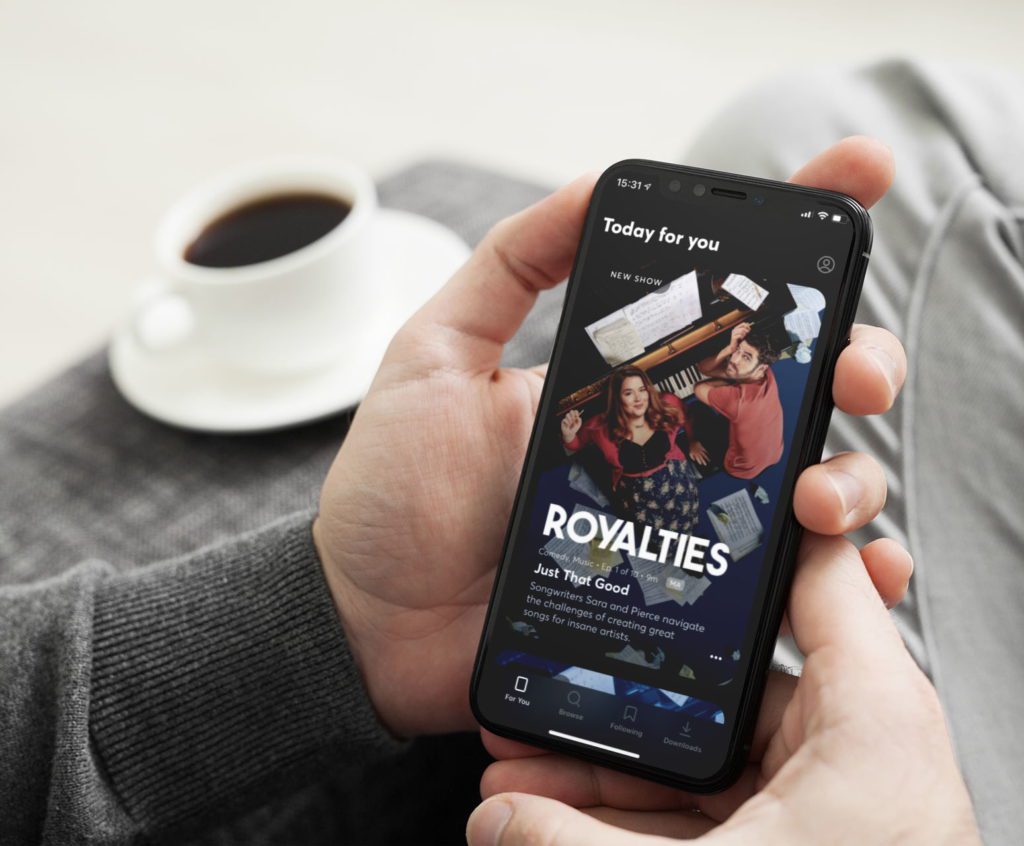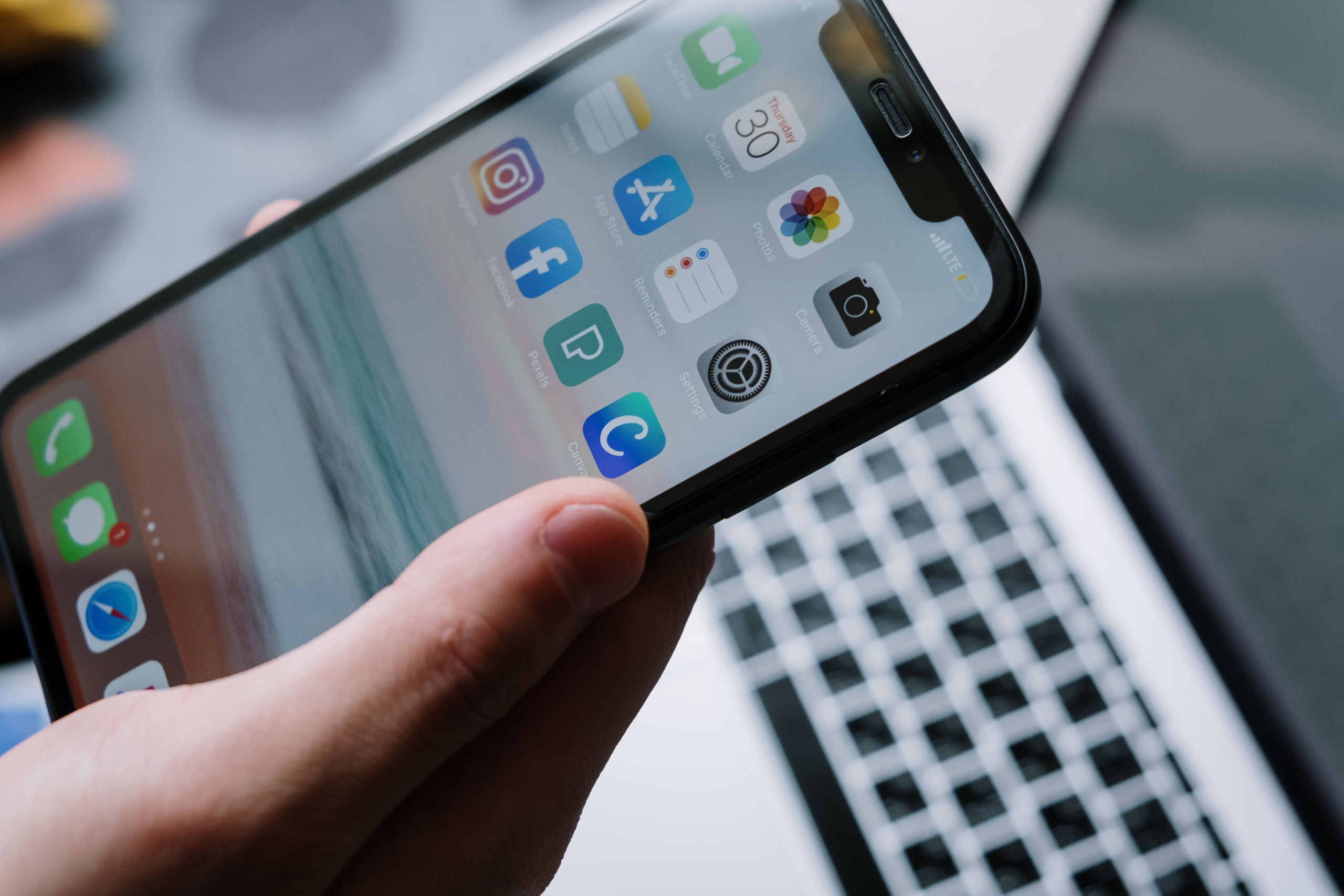What does Hailo, Quibi and Google Plus all have in common? Well for starters, you either haven’t heard of them, or if you have, you know that the story for these three platforms doesn’t end well. They are perfect examples of how an abundance of money, hope or effort can’t save an idea that hasn’t properly gone through the digital discovery process.
Hailo
Originally launched in 2011, Hailo was a British-based taxi app that allowed users to hail a taxi from their phone, alleviating the need to phone a taxi company or wave down one on the side of the road. The app was wildly popular in Europe, with over 2.5 million users on the platform in 2013. Following the success Hailo had in Europe, the company decided to expand to the North American market, launching in New York City in 2012. However, just two years later they pulled the pin on the US and Canadian markets as they failed to make a profit. A result of poor research and discovery, Hailo assumed that the markets were the same, and that the app that worked in London would also work in New York. This couldn’t have been further from the truth. With different road, public transport and taxi systems, Hailo was ultimately declared a failure in the US and Canada.
Key takeaway: don’t assume that every market is the same and that ‘one size fits all’.
Quibi
Next is Quibi, a video streaming platform that flopped in less than a year in 2020, despite raising almost $2 billion before even launching. It has been widely documented and thoroughly criticised that Quibi’s major downfall was their lack of digital strategy and market demand. In an era already saturated with paid streaming services such as Netflix, Amazon Prime and Disney Plus and video-focussed social networks such as YouTube, Tik Tok and Instagram, the audience for Quibi was always unclear. With videos that were shorter than TV shows but longer than Tik Toks, who exactly was going to watch these 10 minute Quibi shows and when? These are questions that not even the Quibi executive team knew the answers to. When the app first launched, almost 1 million people downloaded it, however, after their three month trial period ended, only 8% of users converted into paying customers. Although Quibi was significantly cheaper than other streaming services such as Netflix – costing only $5 a month – people ultimately didn’t need or want the service, even though it was packed with Hollywood A-listers such as Jennifer Lopez, Reese Witherspoon and Liam Hemsworth.
Key takeaway: define your product, it’s target audience and value proposition.

Google+
And then there was Google+, the social network that never quite took off. Seemingly, every tech company wants to become ‘the next Facebook’, with very few (if any) succeeding to get anywhere near the market leader, including the internet giant, Google. In 2011, Google introduced Google+, their direct rival to other social networks such as Facebook and Twitter. Despite having 425 million active Gmail users in 2012, they struggled to engage people on the social network. A research study conducted by ComScore in 2012 indicated that users spent on average, 3 minutes on Google+ and 405 minutes on Facebook a month. Leaving Google+ in last place behind Facebook, Pintrest, Tumblr, LinkedIn and even Myspace. Why? To put it simply, no one asked for another social network. With the majority of the internet already connected to each other on Facebook, there was no need to sign up to another service that aimed to do the same thing. The confusing user interface and complex ‘Circles’ ecosystem created a steep learning curve that discouraged users from engaging with the platform.
Key takeaway: don’t enter saturated digital markets with a poorly executed replica that no one needs.
The key mistake each app made & why discovery is essential
It’s clear that neither Hailo, Quibi or Google+ engaged in a discovery process before building and launching their products – a small upfront investment that could have saved these companies billions. Thorough research and planning is crucial to the success of any digital product, even if you think your idea is the best thing since sliced bread.
The 2021 Pulse of the Profession Report, created by the Project Management Institute highlighted that:

38% of projects are not delivered on budget

45% of projects are not delivered on time

34% of projects experience scope creep

12% of projects fail
With the common denominator for these projects being poor requirements gathering.
Discovery not only allows you to validate your idea, but it also helps you:
- Understand your customer experience – allowing you to build digital experiences that people will love to interact with.
- Have a plan for where you are going – with in-depth roadmaps that clearly outline key deliverables and expectations.
- Plan your budget and minimise risk – as uncertainties and unexpected developments can quickly become costly, with the potential to derail your project.
So, if you have a project that you think is going to revolutionise the world, do your due diligence and engage in discovery before jumping into the design and build. It’s a worthwhile exercise that could save you and your business a world of trouble.
Want to get in touch with our Digital Experience team to start the discovery process so you don’t end up like Hailo, Quibi or Google+? At Codex, we believe in the concept of reliable collaboration, which means it’s only through working closely together that we are able to ensure the best outcomes. We don’t take a brief, disappear, and then come back with all the answers. We go on a journey of exploration and discovery, take you with us, and together we come back with something everyone loves.
To learn more about our Discovery Process, click here.
